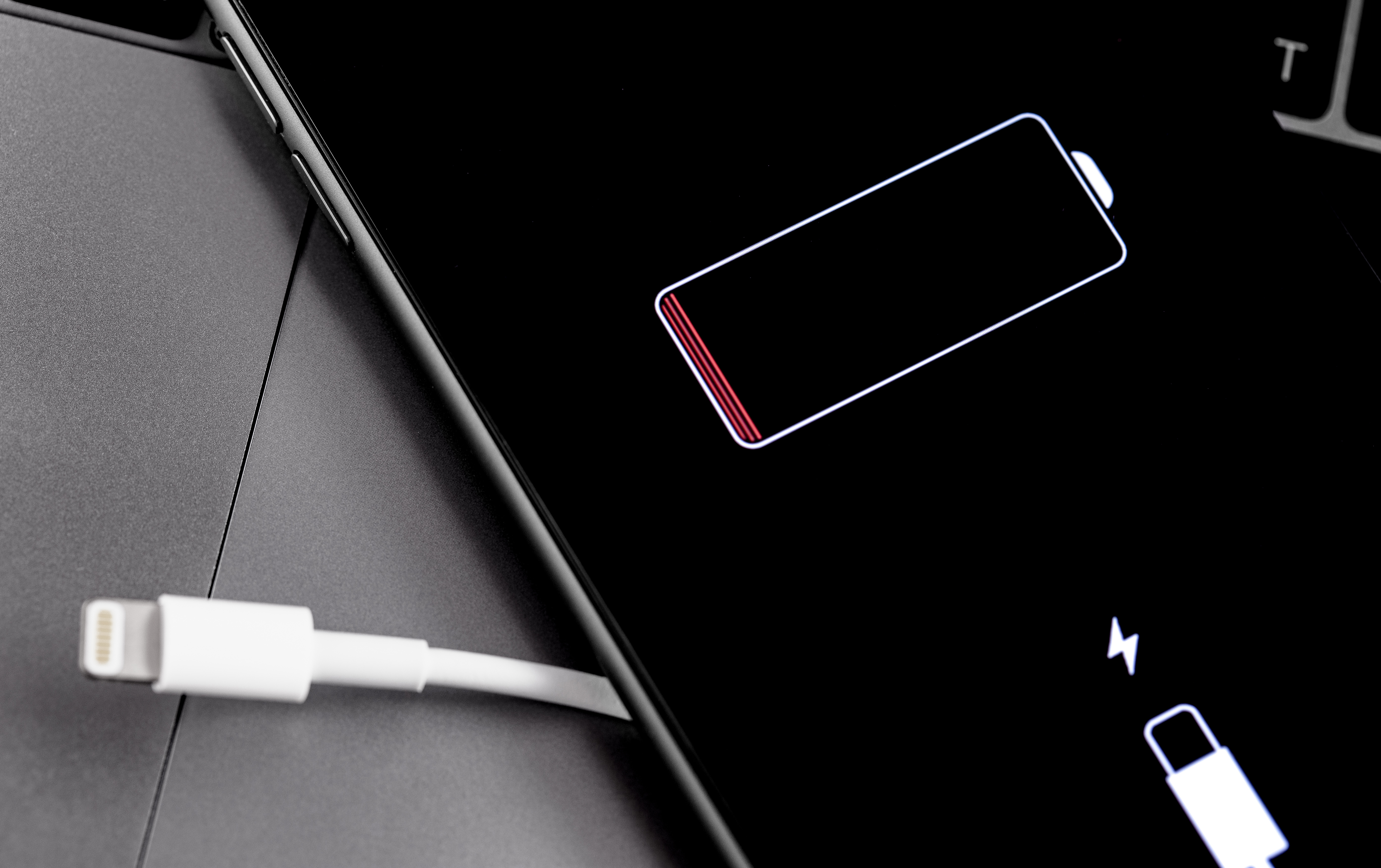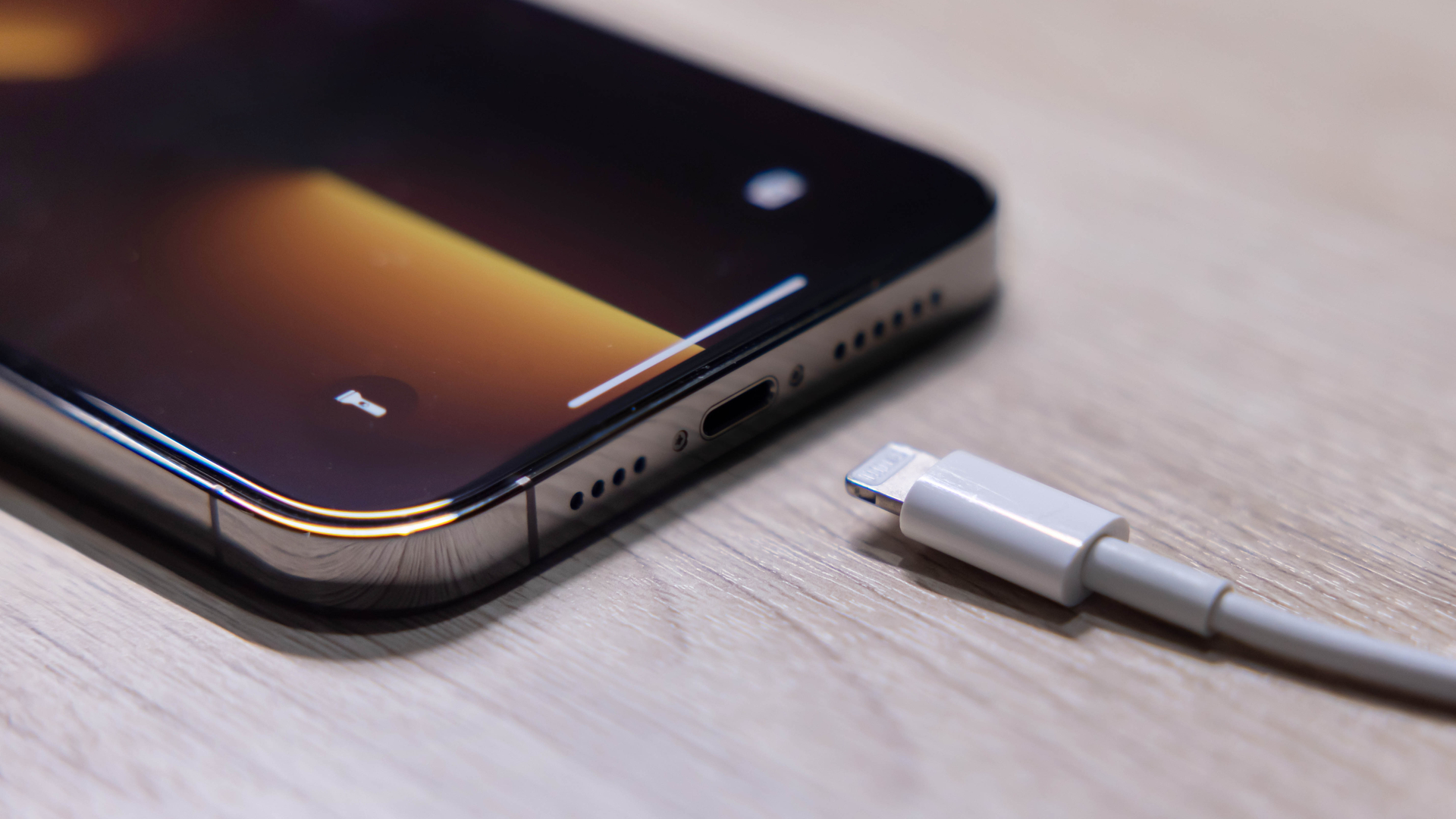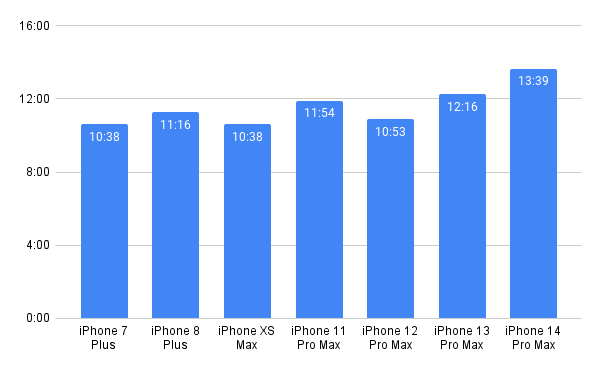
Who said it doesn’t pay to be an iPhone owner? If the ‘batterygate’ class-action lawsuit is approved, it could pave the way for some iPhone owners to receive $65 from the Cupertino based company. All of this stems from ‘batterygate’ and how Apple deliberately throttled the performance of some older iPhones in order to preserve their battery life.
Many folks have pinned batterygate as one of the biggest Apple fails of all time, along with bendgate, antennagate, and the Pippin to name a few. Apple admitted to letting users down, issuing a rare apology and offering a price reduction to its iPhone battery replacements.
Complaints first arose in 2017, when some older iPhone owners accused Apple of throttling down the phones’ CPUs. This was a result of a software update that was initially meant to extend the battery life of those older iPhones — but instead — reduced their processing performances.
A long time coming

While Apple did agree to pay the estimated $500 million lawsuit back in 2020, the San Francisco Bay Area based The Mercury News reported that a judge has cleared the way for those payments. Part of the delay is that the agreement stated that Apple needed to provide the names and contact of everyone who was leading or owning any of the eligible iPhones in the lawsuit, which had a deadline of October 6, 2020.
However, two iPhone owners who objected to the settlement lost their appeal — resulting in Apple agreeing to pay $310 million out of the $500 million in the lawsuit.
Despite the time that has passed, the exact amount for the compensation was contingent on the number of claim approvals. Tyson Redenbarger, the lawyer that represented the iPhone customers in the lawsuit, said that 3 million claims have been received — putting the payout compensation to about $65 per user. However, that figure could change because there are still many claims that are still under assessment.
Looking ahead to iPhones with longer battery life

The models that were affected by Apple’s throttling included the iPhone 6, 6 Plus, 6s, 6s Plus, and SE that were running iOS 10.2.1 or later before December 21, 2017 — along with the iPhone 7 and 7 Plus running iOS 11.2 or later. Owners of these iPhones reported performance drops after installing a software update that was meant to extend their battery life.
Since then, iPhones have been able to manage their Battery Health and even provide optimized battery charging based on your charging routine. There’s also Low Power Mode, which can extend battery life by temporarily reducing background activities.
The battery life on iPhones have historically improved with each new generation. In fact, the current Apple iPhone 14 Pro Max is the only flagship smartphone to crack the top five in our best phone battery life list, aided by its power efficient A16 Bionic chip. It also looks promising for the upcoming iPhone 15 Pro and 15 Pro Max, which are both rumored to leverage the 3nm manufacturing process of the A17 Bionic chip.
Apple certainly learned the hard way with batterygate. Even though Apple’s slated to pay out these affected iPhone users, it will not have any meaningful impact on a company that's worth over $2.8 trillion.







